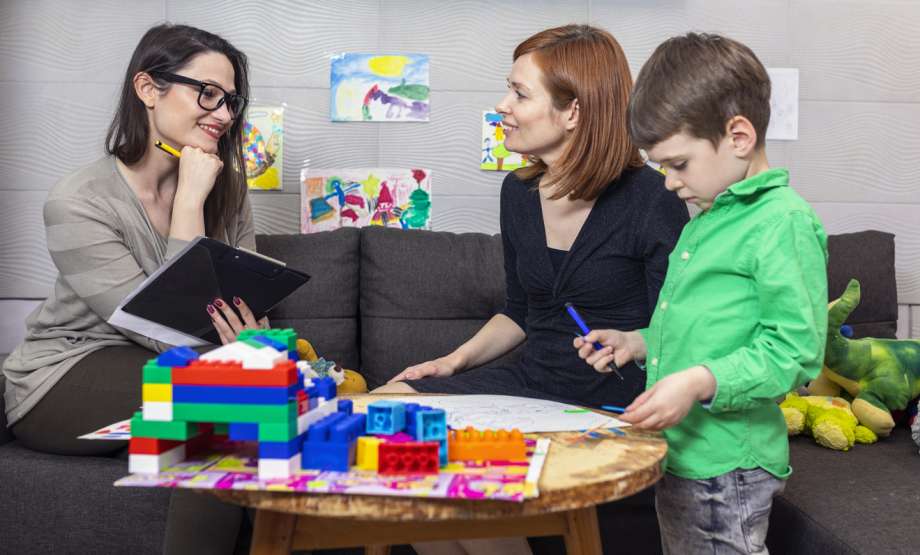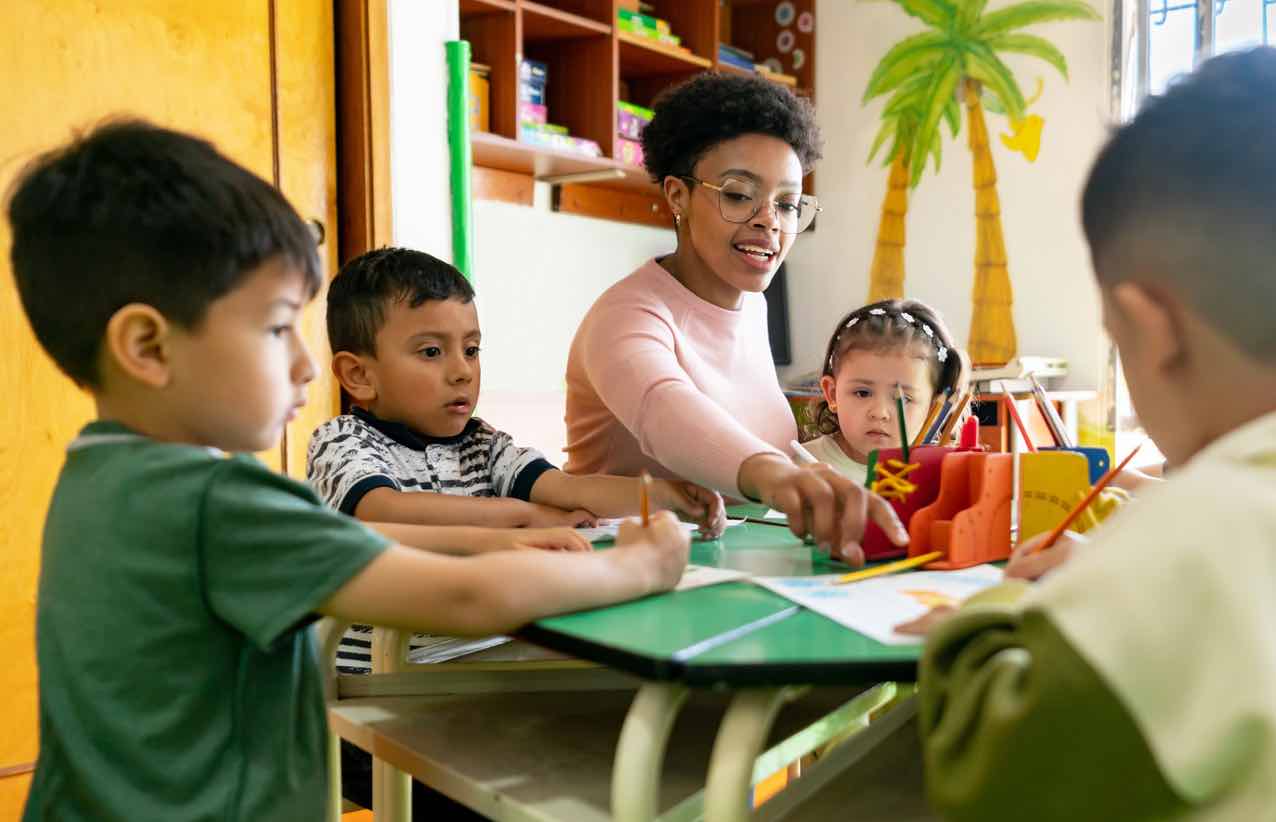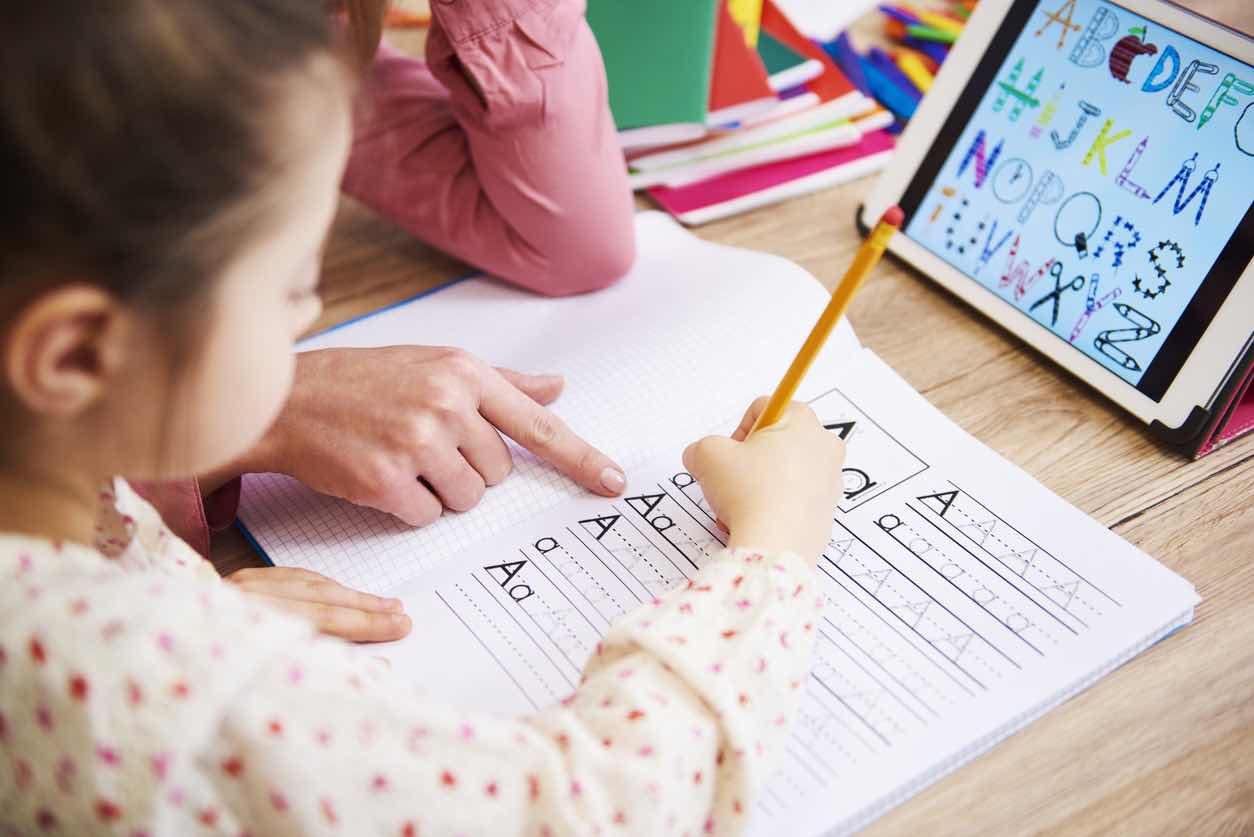
Get tips on preparing for kindergarten assessment tests and kindergarten readiness questions from a former kindergarten teacher.

A Kindergarten Readiness Assessment is a test or screening given by some schools to preschoolers and prospective students to see if a child is ready to start kindergarten. However, these tests are not standardized within the early childhood community and often vary from school to school or from one school district to the next.
Kindergarten screening tests are more common among private schools. However, some public schools may use them as a screening tool to assess a child’s levels before starting school instead of deciding on admittance.
School readiness tests are typically administered the year before a child is ready to enter kindergarten. The screener typically administers the test to the child alone, not in a classroom or small group setting.
A kindergarten readiness test may prove especially useful to a teacher if a child has attended homeschool, been red-shirted, or has been in a formal preschool or childcare setting.
These screenings may include activities that test the child’s language skills, literacy skills such as knowledge of letter sounds and names, fine motor skills, social skills, numerical knowledge and recognition, cognitive development, and emotional competency.
In some instances, a kindergarten readiness test may be the first indicator that a child has a learning disability or a delay in a child’s development.
Educators in the early childhood setting cannot diagnose learning disabilities; however, if they see cause for concern, they can refer parents to early intervention or advise having their child tested by their pediatrician or specialist.
If your school requires a kindergarten assessment prior to the start of the school year or enrollment, the best thing you can do is play games and practice various skills that may come up on the test.
You can also contact your school’s kindergarten teacher and ask them for advice on what skills the assessment may cover.
In general, you’ll want to play games promoting basic skills utilized in kindergarten classrooms. Here are a few developmental areas to focus on when preparing your child for kindergarten.
Preschool and kindergarten literacy skills include rhyming, naming letters, and producing letter sounds, and your child being able to identify their name.
Basic math and number skills appropriate for the kindergarten level may be recognizing numerals 0-10, counting 0-10, naming shapes, and basic measurements like heavy and light or big and small.
Some early learning cognitive skills to try out could be solving 6-10 piece puzzles, color recognition, patterns, spatial awareness, and problem-solving.

Social skills are equally important to be ready for kindergarten as your child will need to interact with other kids and teachers every school day.
Some good social skills to establish early include following one and two-step directions, waiting their turn, basic greetings, sharing, and saying please and thank you.
Self-help and personal hygiene skills like washing their hands and using the bathroom on their own are important to master before your child starts kindergarten.
As kids mature past toddler age, they begin to have better control of their emotions and reactions. Some important areas of emotional regulation involve developing empathy, understanding various emotions, and recognizing differences in culture and language.
Basic fine motor skills like using their hands and fingers, and getting dressed by themselves will be important in the classroom.
Help your child practice holding writing utensils with a 3-fingered grasp (even if not correct yet), feeding themselves with utensils, and writing scribbles, lines, and letter-like forms.
Gross motor skills involve greater movement, balance, and coordination. Some gross motor skill activities you can try are walking forwards and backward, running, hopping on one foot, kicking and throwing a ball, stopping a ball with their foot, catching a ball, skipping or galloping, and balancing briefly on one leg.
Parents shouldn’t be overly concerned about the results of kindergarten screening tests. These tests are not highly reliable testing instruments, and as with all testing, individual students will perform better or worse based on a myriad of external factors. For example, if they’re hungry, tired, nervous, etc.
Additionally, administrators of these tests are frequently inexperienced and may need more training in giving the test. Since there is no standardization in early learning in the U.S., each school can develop or choose any assessment type they want.
But perhaps, the biggest reason these test scores are not too meaningful is that young children are simply not good test takers. Most prospective kindergarten students have never been in a testing situation before. Imagine how stressful it is for a young child to be confronted by a stranger, likely in a strange place, and asked to do various tasks, including some they have never done before.

One single test should never determine the placement of a child in a school program. Tests should always be part of the evaluation picture for any school situation.
Trust the opinion of your child’s pre-K teacher, as this individual has had the opportunity to observe your child for a year or more and assess how well they’ll be able to handle kindergarten learning.
There is no single assessment every learner must take or have to enter kindergarten, but there is a general list of developmental milestones your child should be able to do most of before starting school for the first time.
The average child enters kindergarten at five years old. However, some children may be slightly younger or older, and not every five-year-old develops at the same rate. Not all these skills need to be mastered before kindergarten, as some will be fostered as your child prepares for first grade.
Download Family Education’s Kindergarten Readiness Skills Checklist and check out our Kindergarten Readiness Guide to help evaluate your child’s kindergarten readiness and areas for improvement.
When deciding if your child is ready for kindergarten, take the results of a readiness assessment with a grain of salt.
Trust your gut as you know your child best, and rely on the opinion of the teachers that have worked with them in preschool or childcare for a better view of their developmental skills.
Rember, all children are different, and your child’s well-being is more important than the results of an assessment.
If at any time you are concerned about your child’s development or kindergarten readiness, speak with their preschool teacher or pediatrician.